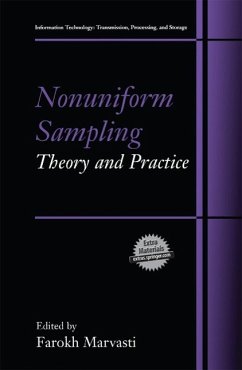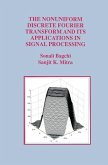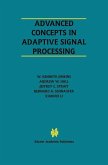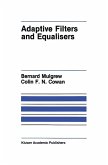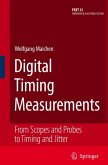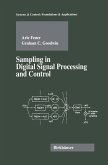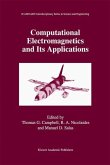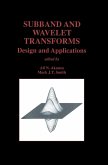Our understanding of nature is often through nonuniform observations in space or time. In space, one normally observes the important features of an object, such as edges. The less important features are interpolated. History is a collection of important events that are nonuniformly spaced in time. Historians infer between events (interpolation) and politicians and stock market analysts forecast the future from past and present events (extrapolation). The 20 chapters of Nonuniform Sampling: Theory and Practice contain contributions by leading researchers in nonuniform and Shannon sampling, zero crossing, and interpolation theory. Its practical applications include NMR, seismology, speech and image coding, modulation and coding, optimal content, array processing, and digital filter design. It has a tutorial outlook for practising engineers and advanced students in science, engineering, and mathematics. It is also a useful reference for scientists and engineers working in the areas of medical imaging, geophysics, astronomy, biomedical engineering, computer graphics, digital filter design, speech and video processing, and phased array radar.
Dieser Download kann aus rechtlichen Gründen nur mit Rechnungsadresse in A, B, BG, CY, CZ, D, DK, EW, E, FIN, F, GR, HR, H, IRL, I, LT, L, LR, M, NL, PL, P, R, S, SLO, SK ausgeliefert werden.

